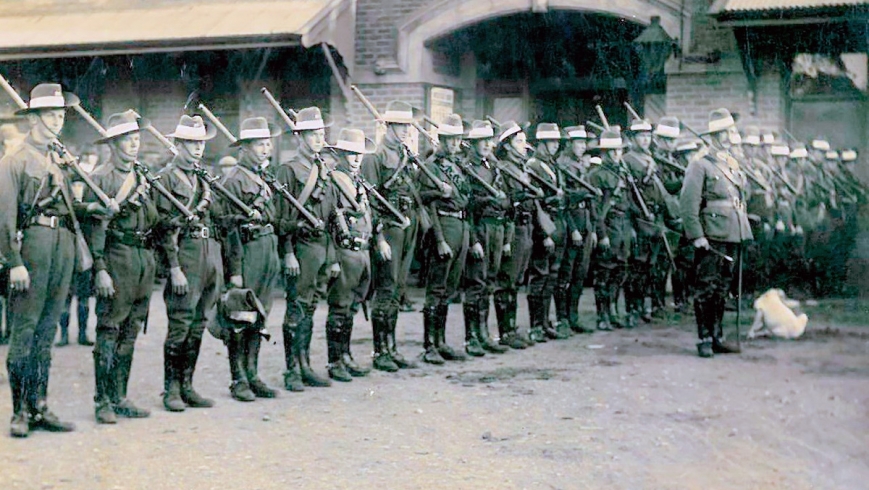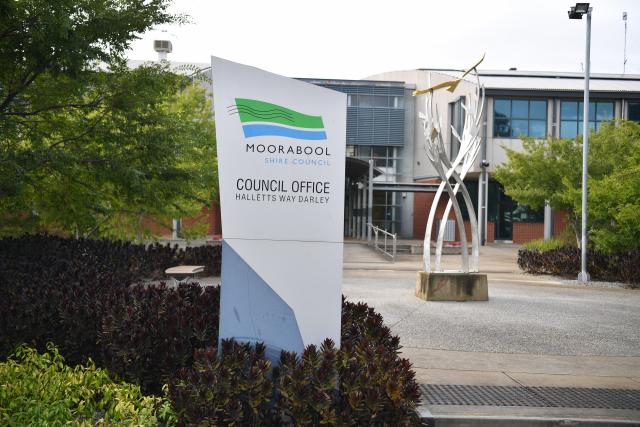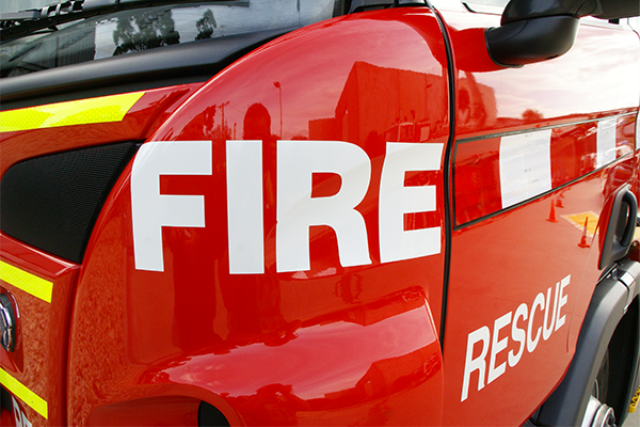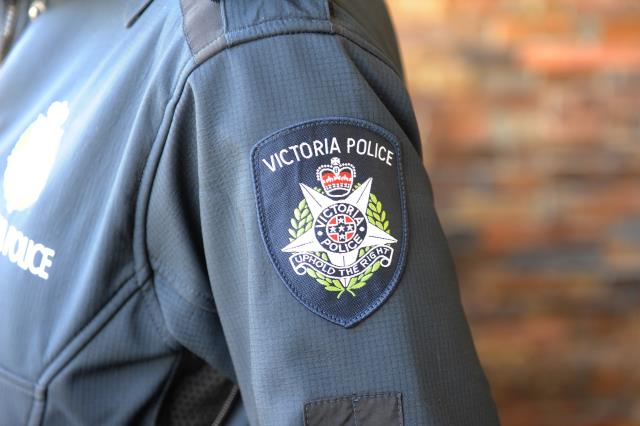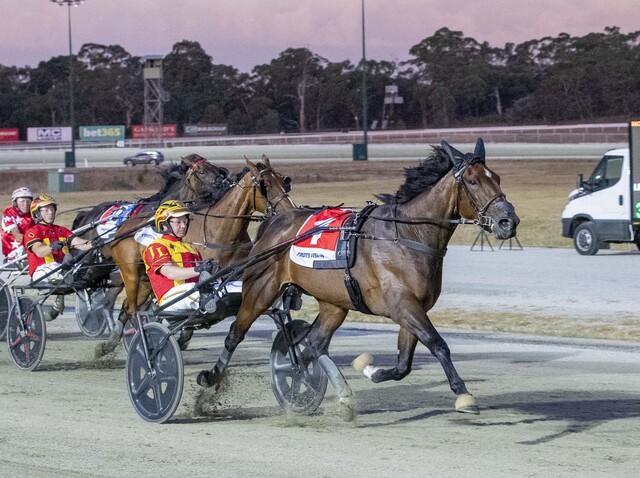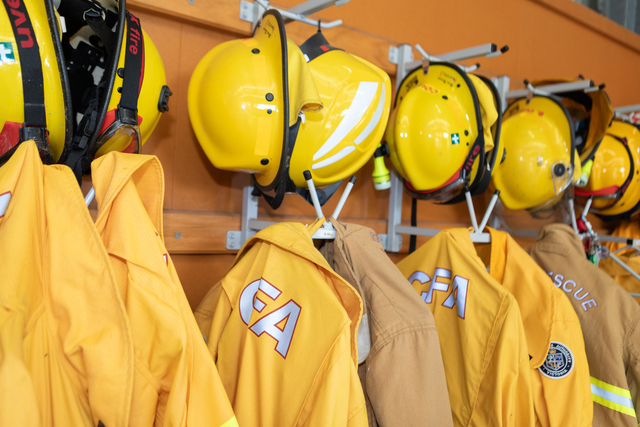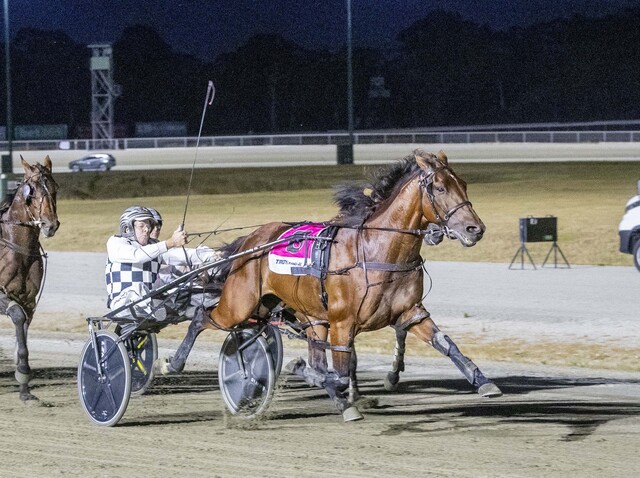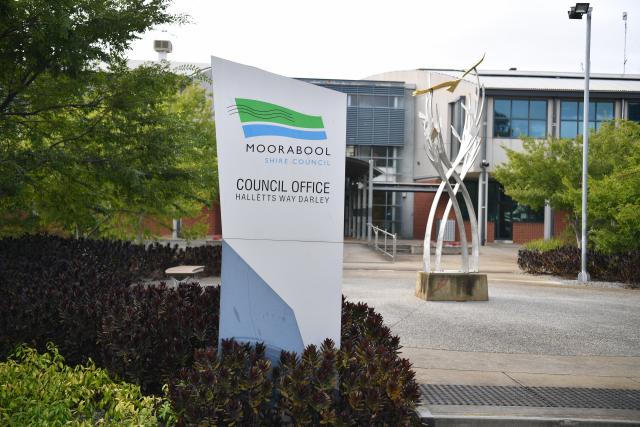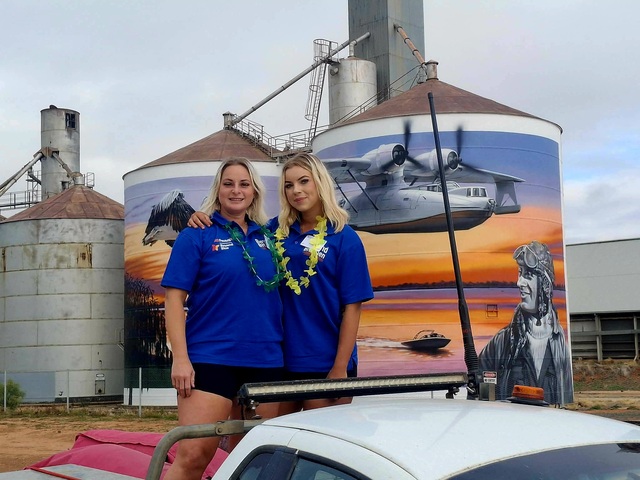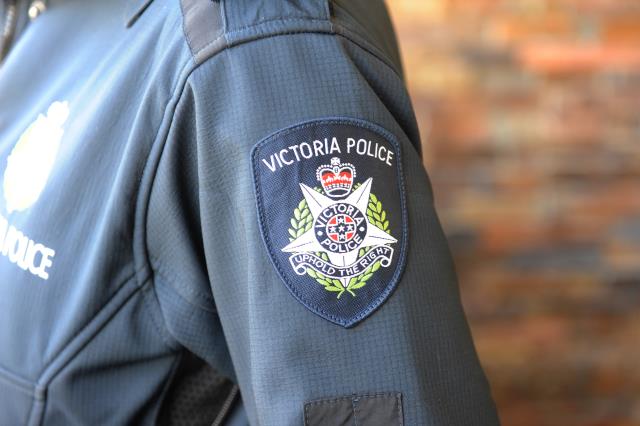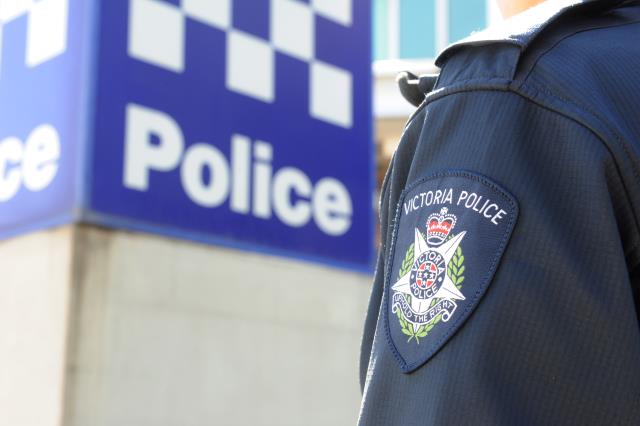James Packington Vallence was born in Maddingley on January 20, 1877, to James and Margaret of the Vallence Family Hotel (otherwise known as Stoney’s).
“Pack”, as he was known locally, had an interest in all things military.
He started with the local cadets and went on to form a Bacchus Marsh light horse troop.
He was so committed to the light horse that when numbers dwindled he would ride his horse to Ballarat to take part in parades.
He was determined to represent his country when he enlisted for duty in the 1899-1902 Boer War.
At a send-off for him and a number of other local lads, Pack said he wanted to “show the world Australians are brave as well as loyal”.
Many letters were written back to loved ones and published in the Bacchus Marsh Express.
Censorship was not as strict as it became during World War I a few years later, and many details were published that perhaps should not have been.
In one account Pack wrote: “The Boers have got about enough of it. They have to be flogged up to the guns. The officers have to stand behind them with loaded rifles to make them fire.” (Express, February 2, 1900). Pack was one of the chosen few to be selected to represent Australia at Queen Victoria’s jubilee celebrations in 1897.
In 1906, he married Katherine Theresa Maloney and they settled down to life in Bacchus Marsh.
The Vallences were community-minded and were involved with the Red Cross, Australian Natives Association, fire brigade and high school council. But before long, Pack again heeded the call to bear arms and enlisted at the outbreak of World War I in 1914.
Leading the first group of enlistees from the Marsh, Vallence was appointed second lieutenant in the 4th Light Horse on March 23, 1915.
During the war, he was to serve in the 4th Light Horse, 1st A & NZ Mounted Regiment, 2nd Anzac Regiment, 22nd Corps Light Horse Regiment, Light Horse training depots, 22nd Mounted Regiment, 13th Light Horse Regiment, Salvage Party 25th Division, and the anti-aircraft section.
He was appointed captain at the end of the war.
Having survived two wars, Pack returned to Australia on September 15, 1919, but had little time with his wife as she succumbed to illness on Boxing Day that year.
They had no children, so Pack threw himself back into the community and became the first president of the local branch of the RSL.
When he died in Caulfield Military Hospital on December 2, 1926, the Express carried the following tribute: “The members of the Bacchus Marsh RSL desire to record their deep sorrow at the early death of their late comrade, Captain Packington J. Vallence, and their admiration for his public spirit, his long and loyal service as a soldier, his intense patriotism, his sincere and unselfish comradeship. Never was there a better friend or a truer soldier. The heartfelt sympathy of the members is extended to his brothers and friends in their great sorrow.”
A photo of Captain Vallence hangs in the Bacchus Marsh Soldiers’ Memorial Hall.
» This article is the second in a series provided by Bacchus Marsh’s Great War Centenary Committee to mark the centenary of World War I and is proudly presented by the Melton & Moorabool Weekly (previously the Bacchus Marsh Express).

